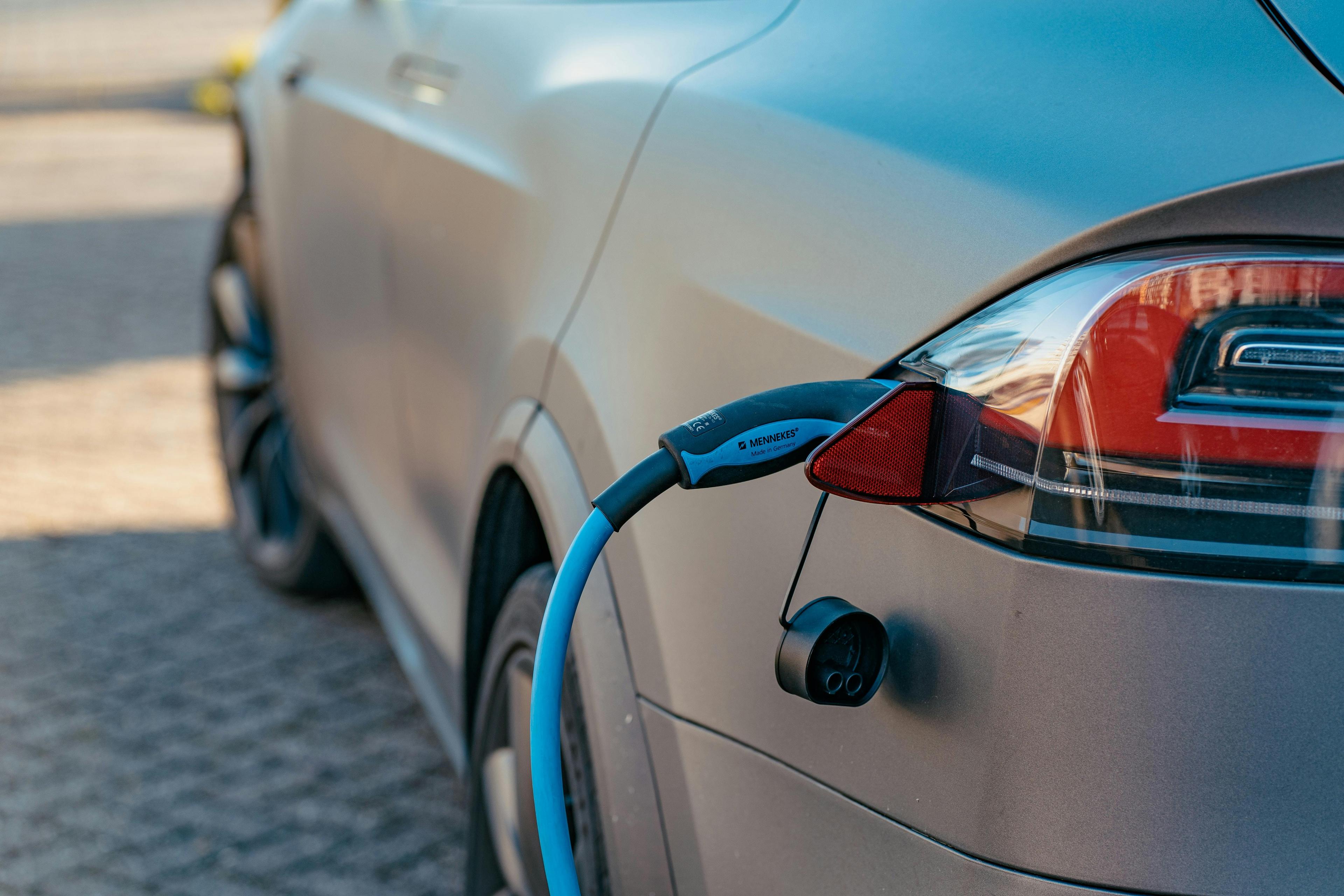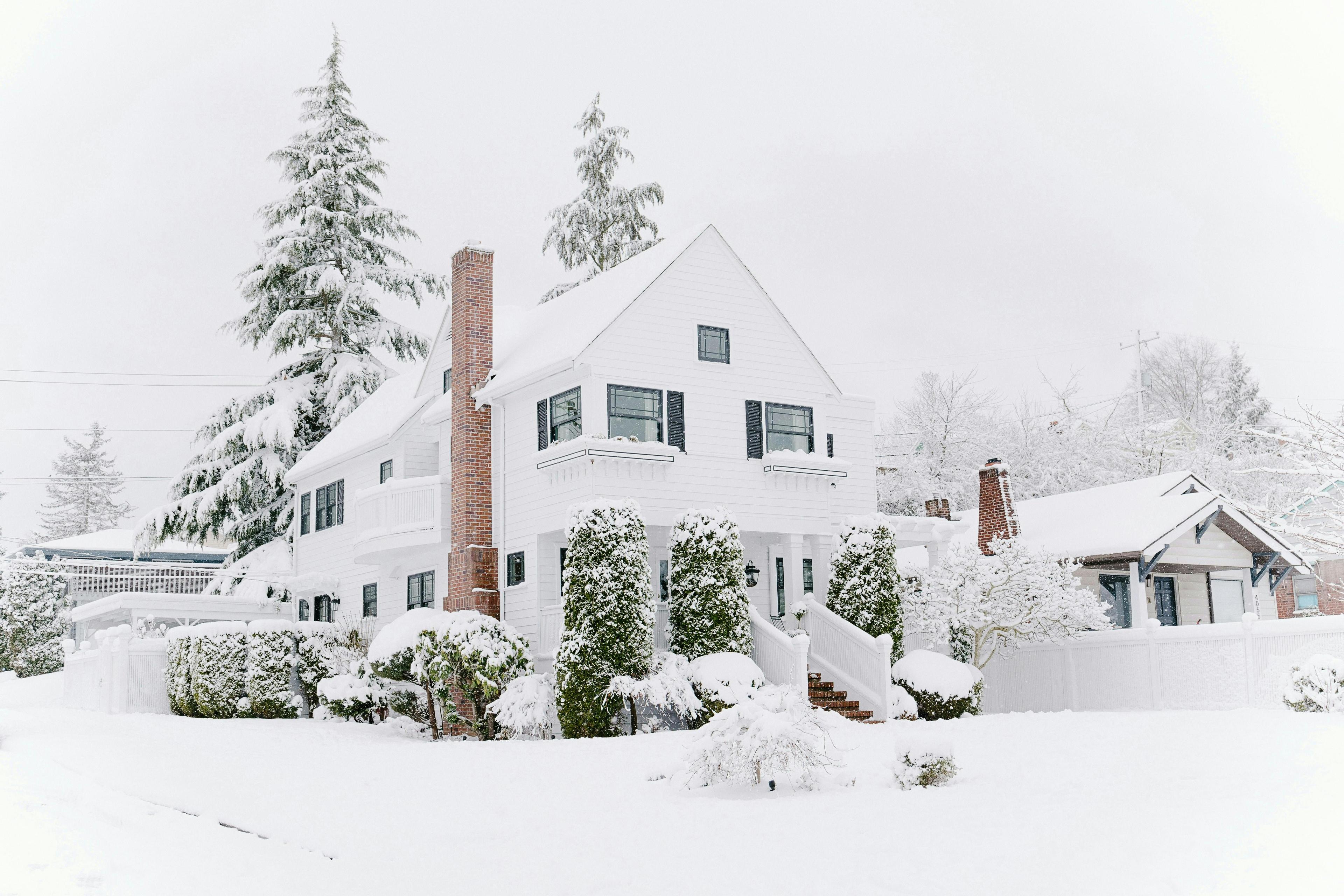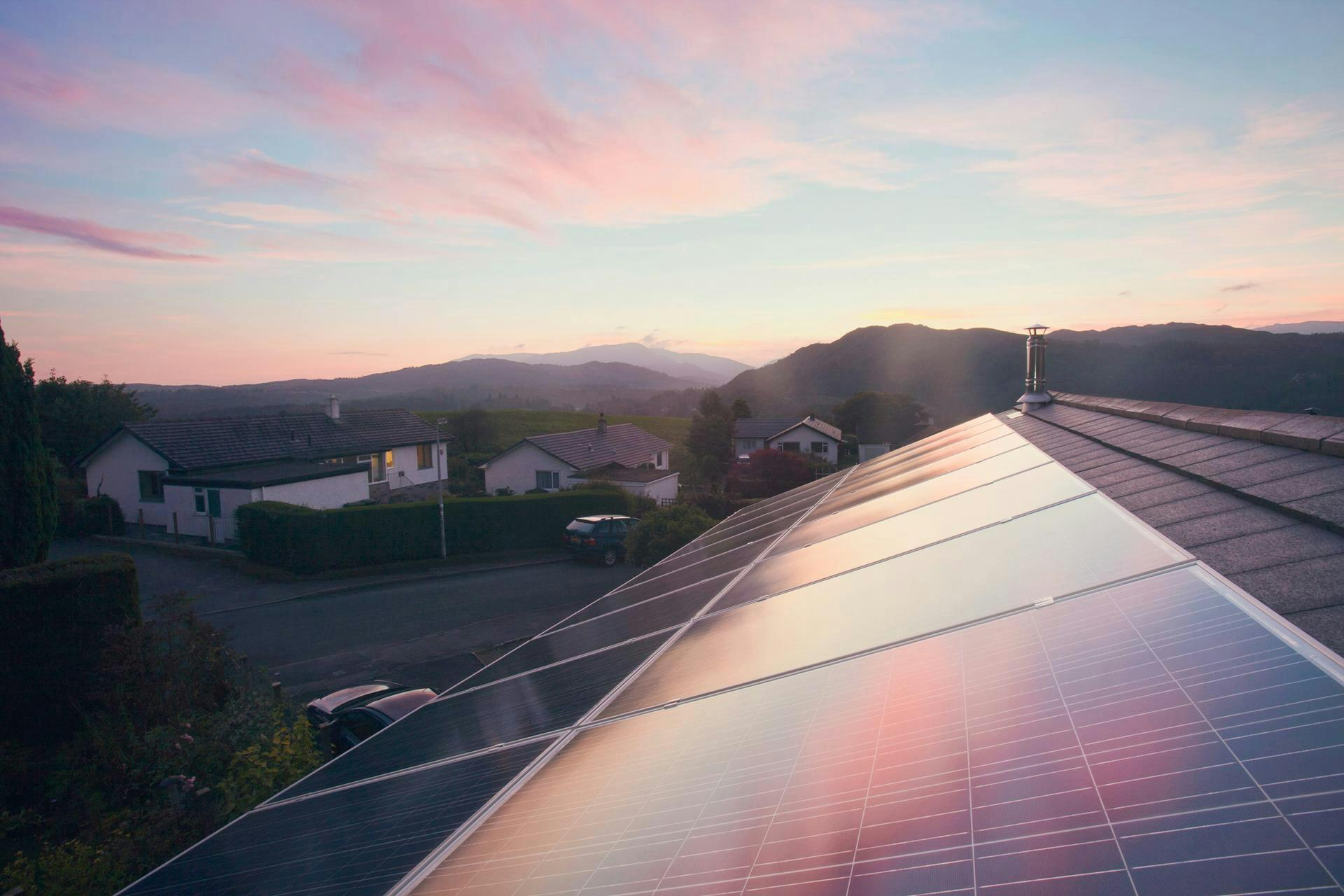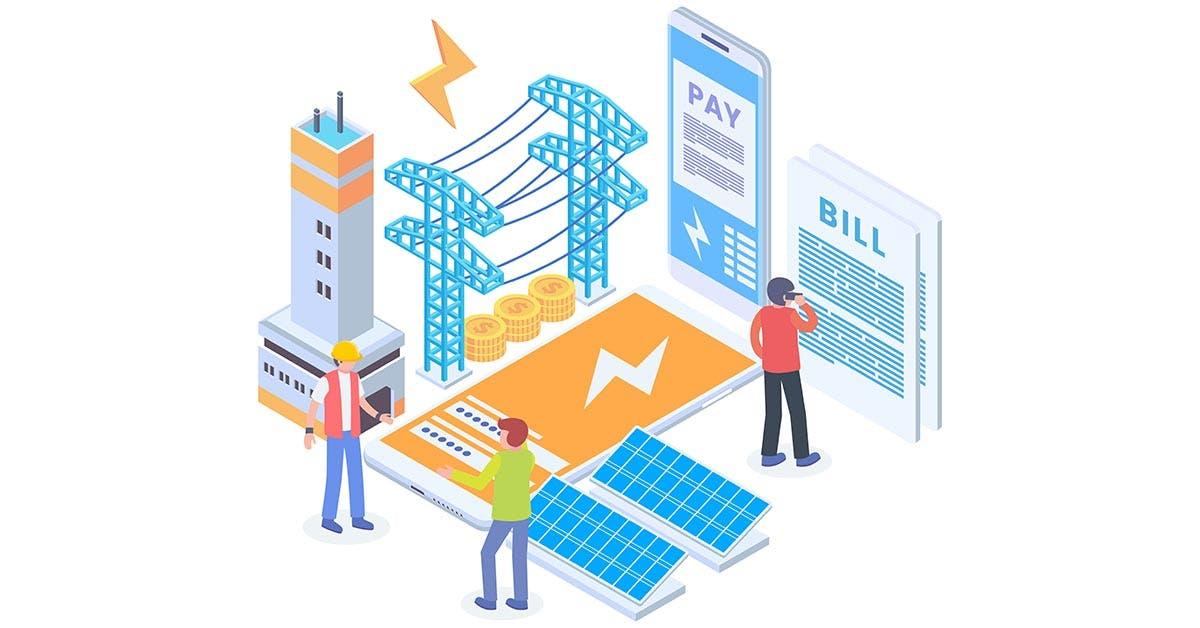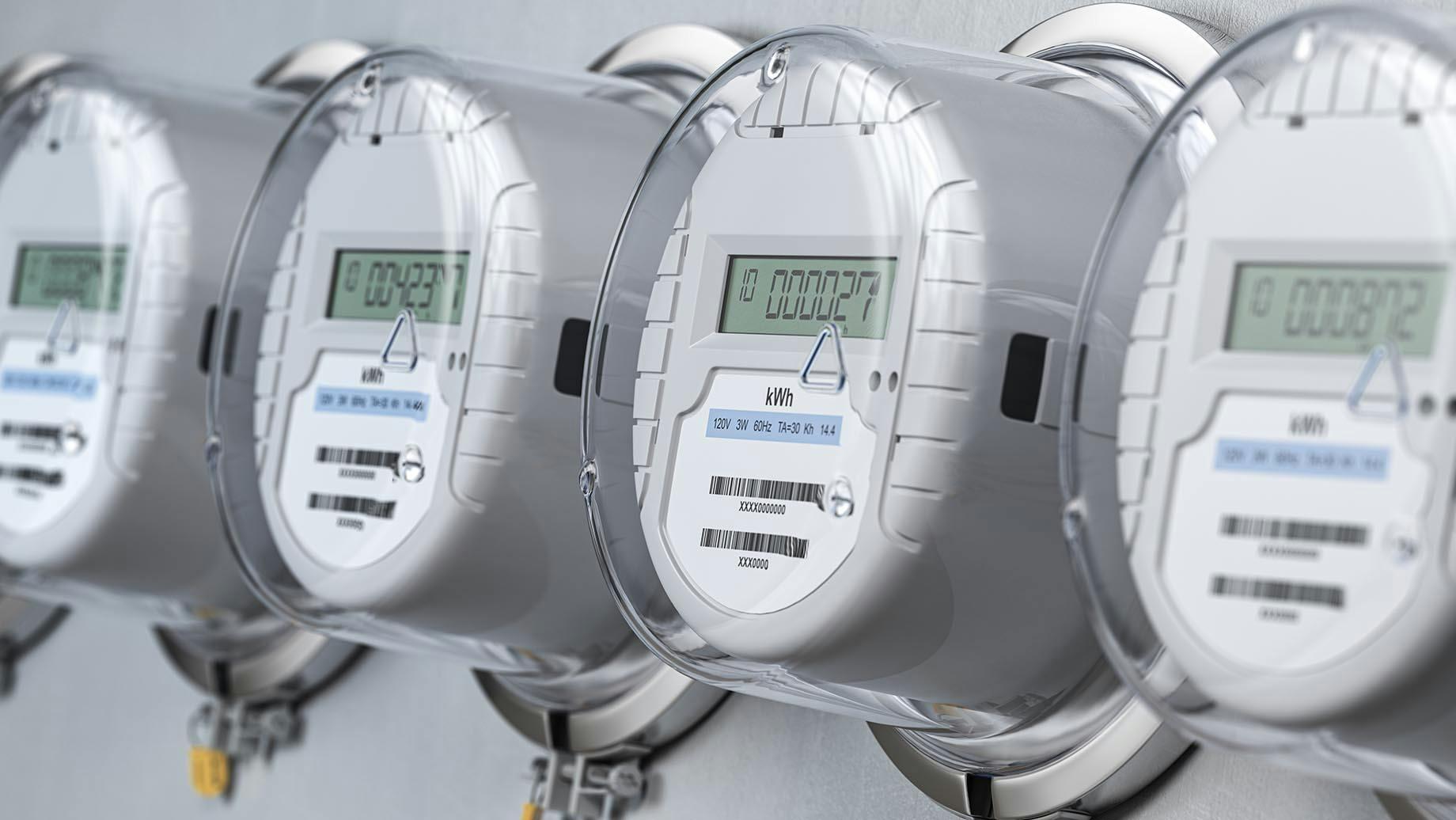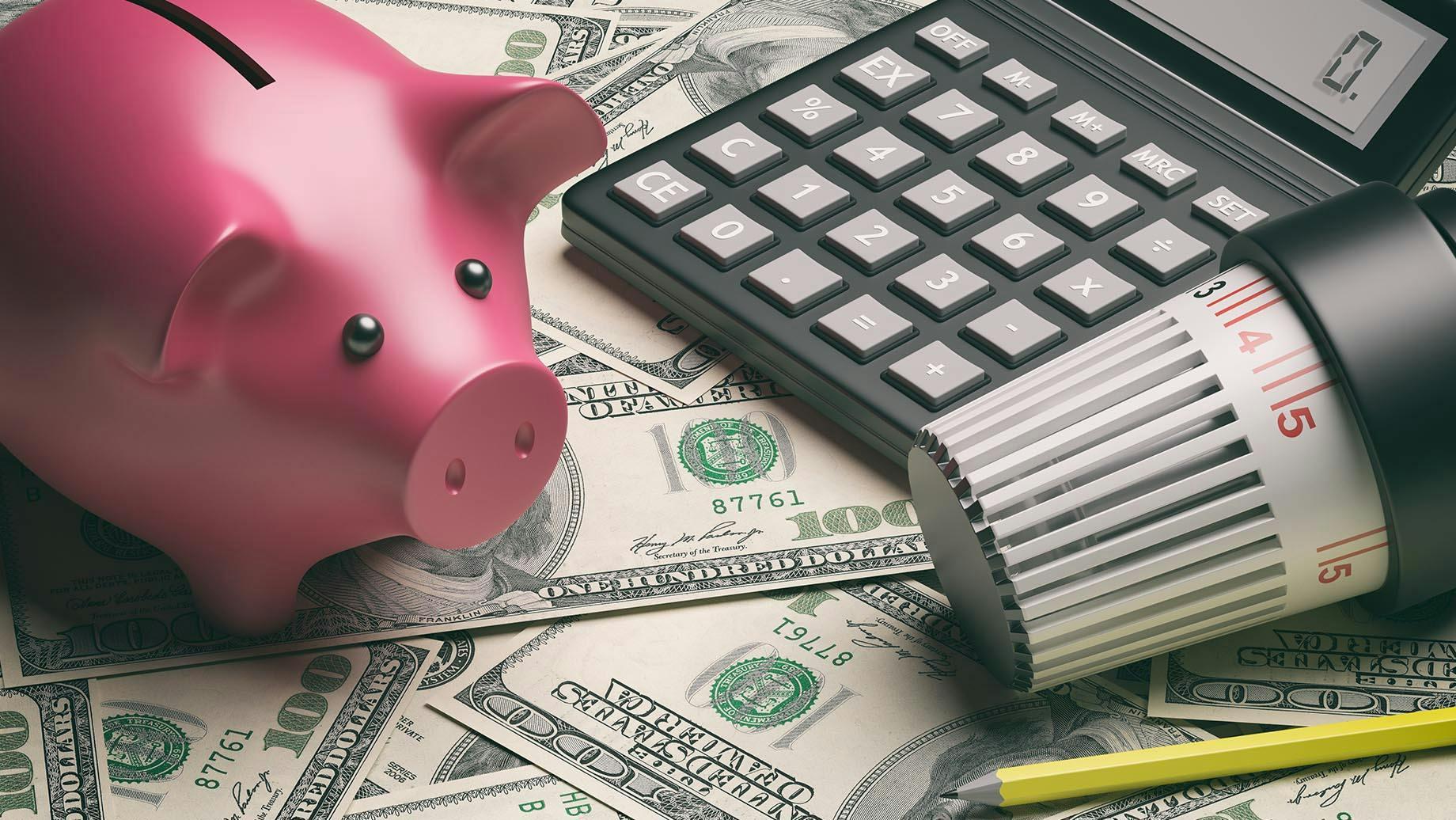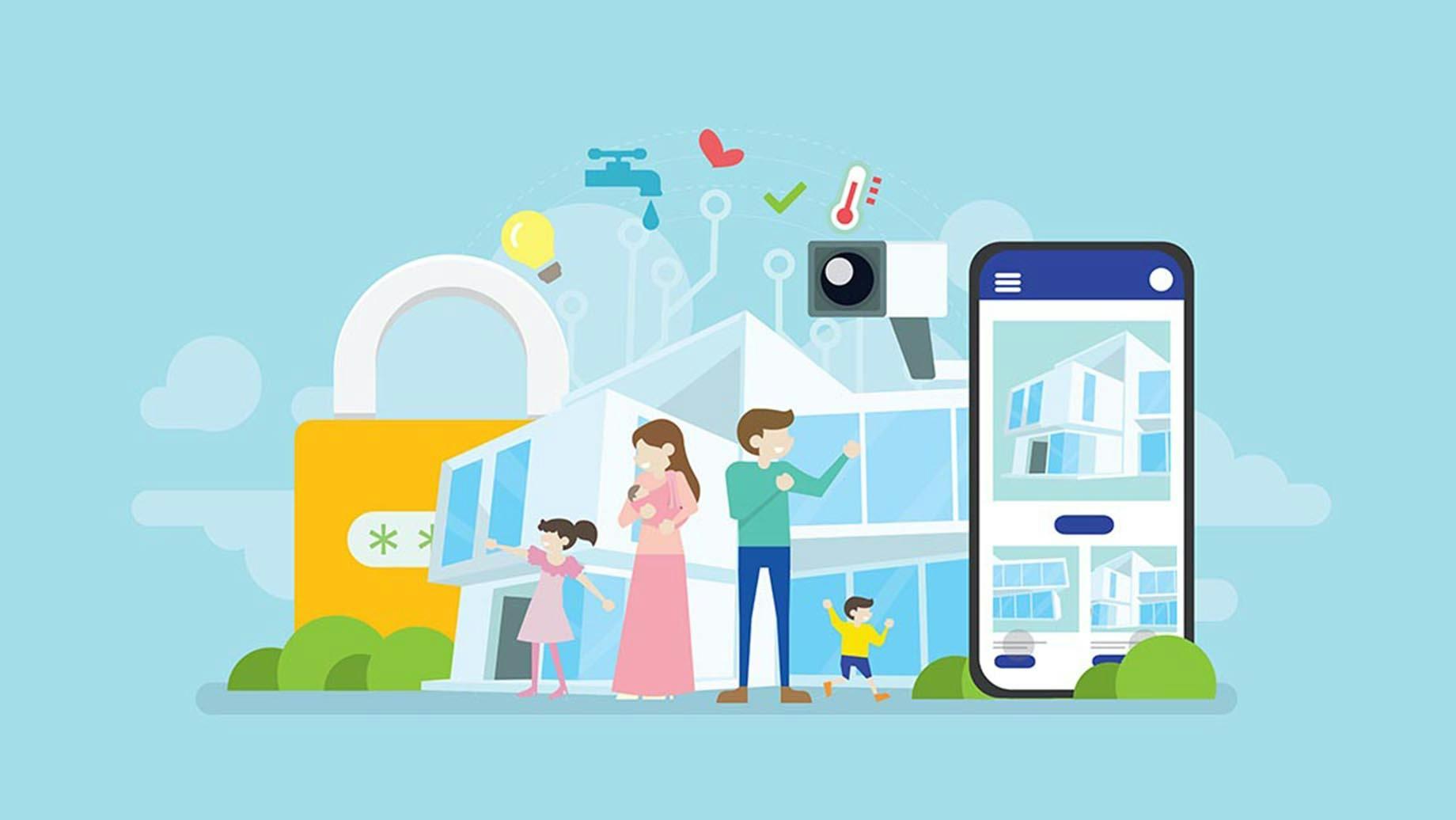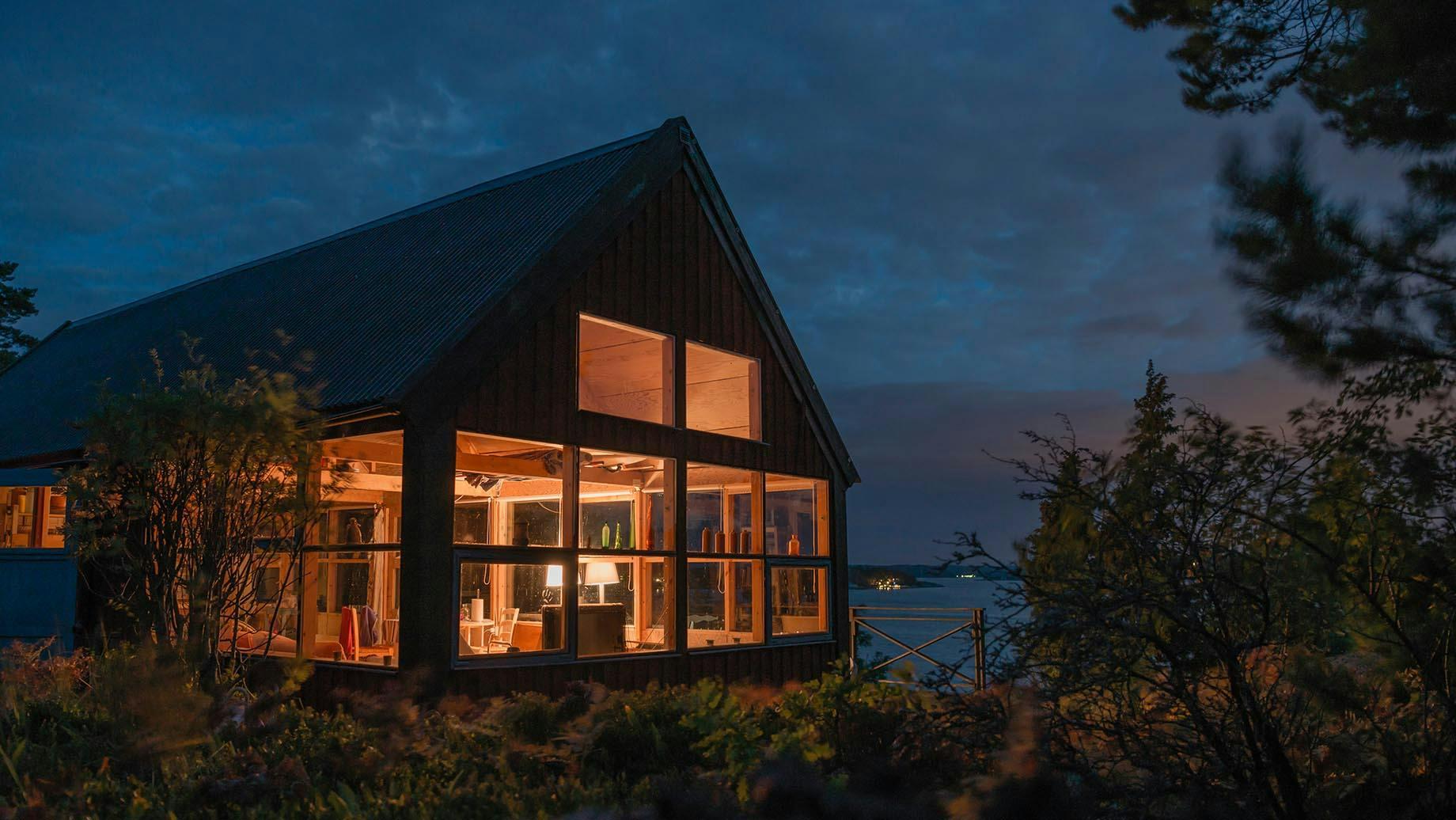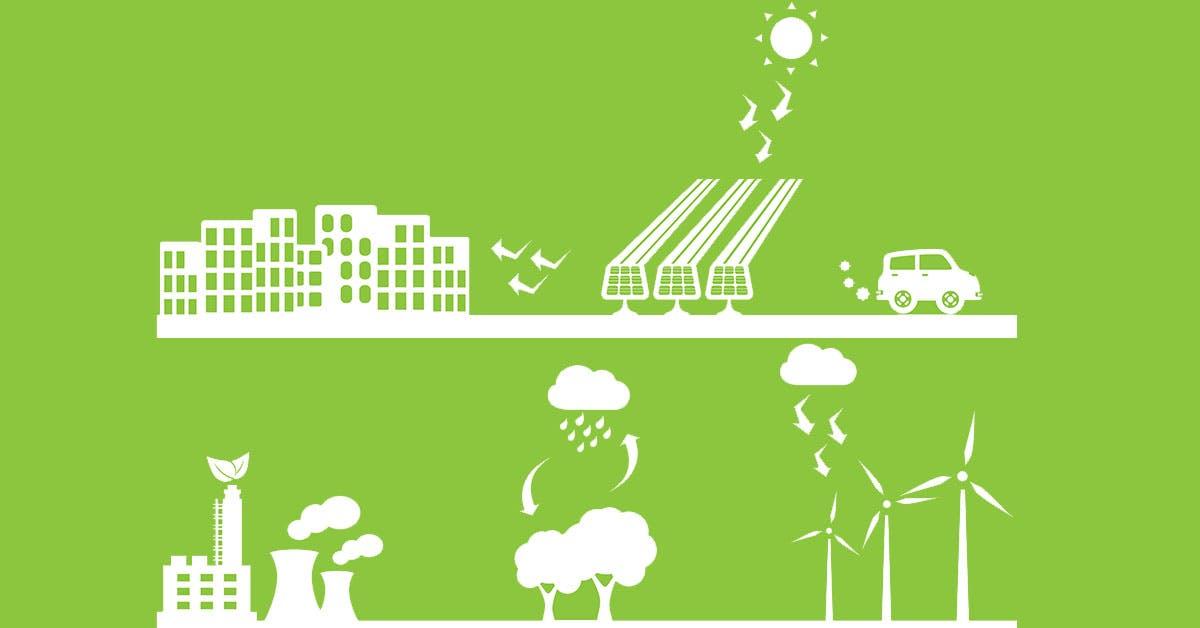
Do Solar Panels Increase Home Value?
Inspire Clean Energy
8 min read
category: Sustainable Living
Don't worry about climate change— do something about it.
Our clean energy plans are the easiest way to reduce your home's carbon footprint.
Switch to clean energyDo solar panels increase home value?
If you are a homeowner looking to install solar panels, you probably have many questions. Things like installation costs, whether solar panels increase or decrease your home’s value, and if the project is worth the investment as a whole, will usually be asked. When it comes to the overall value of your home, you can rest assured that yes, solar panels on a home do increase the overall value of your home. But, exactly how much does your home’s value increase after installing solar panels? That exact increase of your home value depends on numerous factors. Factors like the community and location of your home, the cost of installing solar panels in your area, the system output of your installation, the age of the system, and how expensive it can be to repair or replace your solar panel installation.
The national average for increased home value per solar panel installation is estimated to be around $5,911 for each kilowatt of solar panels installed. This usually translates to about 4.1% of the home’s value according to some sources. These figures account for geographical location and the other determining factors mentioned above. This means that the average U.S. household that installs a 4-kilowatt solar panel system may see somewhere around a $23,644 increase in the overall value of their home. On the higher end, the average U.S. household that installs a 10-kilowatt solar panel system may see somewhere around a $59,110 increase in the overall value of their home1.
Is it harder to sell a house with solar panels?
Ideally, when you are considering solar panel installation, you are in a home where you plan to stay for many years. The average household that installs solar panels on their home can take up to 8 years before they see a return on their initial investment. But once you break through that 8-year ceiling, the return on your investment can be quite rewarding. If you plan on moving within 8 years, solar panels are still a good option to help save on energy costs. Sometimes, you can even make a monthly profit selling unused generated energy back to the power company.
That being said, if you decide to sell your home before you break that 8-year mark, you may be passing obligations on to the next owner. This is when geographic location matters. If you live in an area where solar panel installations are fairly common, it may be a non-issue for many potential buyers. If you live in an area where solar is not widely used, or even unpopular, you may find it more difficult to find a buyer willing to pay extra for your home because it has solar panels. Additionally, there may be many buyers on the market who are not versed in home-use solar technology and its benefits. Buyers may be intimidated by the idea of solar panels and think that there will be additional costs to maintain them. Solar panels are a wise investment, especially if you plan to stay in your home to see the plentiful return. However, if you plan on selling your home soon after the installation, there are many things you may want to consider before doing so. If you have any questions or concerns, you could consider seeking the counsel of a local real estate agent to get some additional insights2.
Do solar panels increase appraisal value?
Yes, just like solar panels increase your property value, they will increase your appraisal value as well. How much that appraisal value increases depends on many factors. Typical considerations include geographic location, system age, output capacity, type of solar panel system you have, and how expensive it would be to have a new system installed on a home in your area.
What is the solar tax credit for 2022?
If you own a solar panel installation on your primary or secondary residence in the United States and are not leasing, you are eligible for a tax credit on your federal income taxes. The Solar Investment Tax Credit (ITC) which was first enacted in 2006, was renewed again in 2020. The solar tax credit for 2022 is 26%. In 2023, the ITC is slated to drop to 22%3.
Do solar panels void roof warranty?
The short answer is yes. However, it is more tricky than that. For the area of your roof where the solar panels are installed, your roof warranty will no longer cover those areas. The roof warranty will still cover the remaining areas. For the roof areas where the solar panels are installed, most solar companies have an installer’s workmanship warranty. If any area of the roof where your solar installer worked develops any issues, then the installer’s workmanship warranty will cover it4.
Why is my electric bill the same even after installing solar panels?
One of the strongest selling points of installing solar panels on a home is the decrease in electricity bills. But, what if that is not your case? What if after having new solar panels installed on your home you actually see the same cost on your electricity bill? Here are just a few reasons why your electricity bill may remain the same after a new solar installation project5:
- The weather is not cooperating: Did you have many rainy and overcast days the previous month? Sometimes, the weather does not cooperate to produce solar energy. As basic as it sounds, the more sunlight there is, the more electricity can be generated. Geography is crucial when you are first deciding whether or not solar panels would be good for a home located in your area.
- Night-time energy consumption is high: How often do you use major appliances at night versus the day? Examining your daytime vs. night-time power usage is something you may need to consider. If your solar panel system does not have a battery to store extra energy, then you are pulling electricity from the grid once the sun goes down.
- Simply using more electricity: Even with a solar panel system, it is important to practice conservation. Solar panels can only produce so much electricity. If you are using more electricity than your solar panels can produce, then you will be taking power from the grid and your energy bill may not show savings.
These are only three of the possible reasons why you may not be experiencing lower electricity bills after implementing solar panels. Sometimes, it could be something as simple as the solar panel system not being switched on after the solar meter is installed. Other times, it could be an issue with the solar energy system or even faulty solar panels or installation. If you are having any issues with your system, you should contact the installation company for details.
Do solar panels raise your taxes?
One of the main benefits of having a solar panel system installed on your home is the increase in property value. However, does that increase in property value automatically mean a tax hike? Not necessarily. Many states offer exemptions that allow you to increase your property value without increasing your tax burden.
How much do solar panels cost for a 2,000 square foot house?
The cost of a solar panel system for a 2,000 square foot house in 2022 depends on a few key factors. This includes the size of the system that your home will need, the price of solar panels in the area, and what the installer charges for installation. For example, a 6-kilowatt system may run the average U.S. household somewhere from $15,180 to $18,900, whereas a 20-kilowatt system could reach somewhere between $50,600 to $63,000, depending on the location. These prices are before the 26 percent ITC that is promised for homeowners in 2022. That being said, the national average cost for installing a typical solar panel system on a 2,000 square foot house is $16,168 in 2022, with a minimum cost of $3,500 and a maximum cost of $35,0006.
How much does installing solar panels cost?
If we are looking only at labor costs, you can expect labor to account for around 15 percent of the total cost of the project. There may be additional charges depending on the nature of the job. For example, There are skylights to avoid, your installation is on multiple levels of the house, or your roof is abnormally steep.
Is it better to lease or buy solar?
There are different ways to access solar energy. If you are looking for the most long-term savings and return on your investment, then owning your solar system is the better option. If you are looking to have a solar installation project completed on your home but do not, or cannot, make the large initial investment, then leasing may be a feasible option7.
Solar panels are a great way to use clean energy and reduce your energy bill. If you want to use clean energy but solar panels aren’t the right solution for your home, then check out Inspire Clean Energy and sign up for a 100% clean energy supply plan.
Not sure if renewable energy is right for you? Read some of Inspire Clean Energy’s reviews to see how we've helped customers make the switch.
- ecowatch.com/solar-panels-increase-home-value-2654716878.html↩
- homego.com/blog/is-it-harder-to-sell-a-house-with-solar-panels↩
- energy.gov/eere/solar/homeowners-guide-federal-tax-credit-solar-photovoltaics↩
- solarbook.pickmysolar.com/solar-logistics/will-solar-panels-void-roof-warranty↩
- rksolar.com.au/why-is-my-electricity-bill-so-high-after-getting-solar-panels↩
- homeguide.com/costs/solar-panel-cost↩
- forbes.com/advisor/home-improvement/leasing-vs-buying-solar-panels↩
Don't worry about climate change— do something about it.
Our clean energy plans are the easiest way to reduce your home's carbon footprint.
Switch to clean energy
Inspire Clean Energy
We're on a mission to transform the way people access clean energy and accelerate a net-zero carbon future.
Learn more about Inspire →Explore more
Recent Posts
Top Articles



